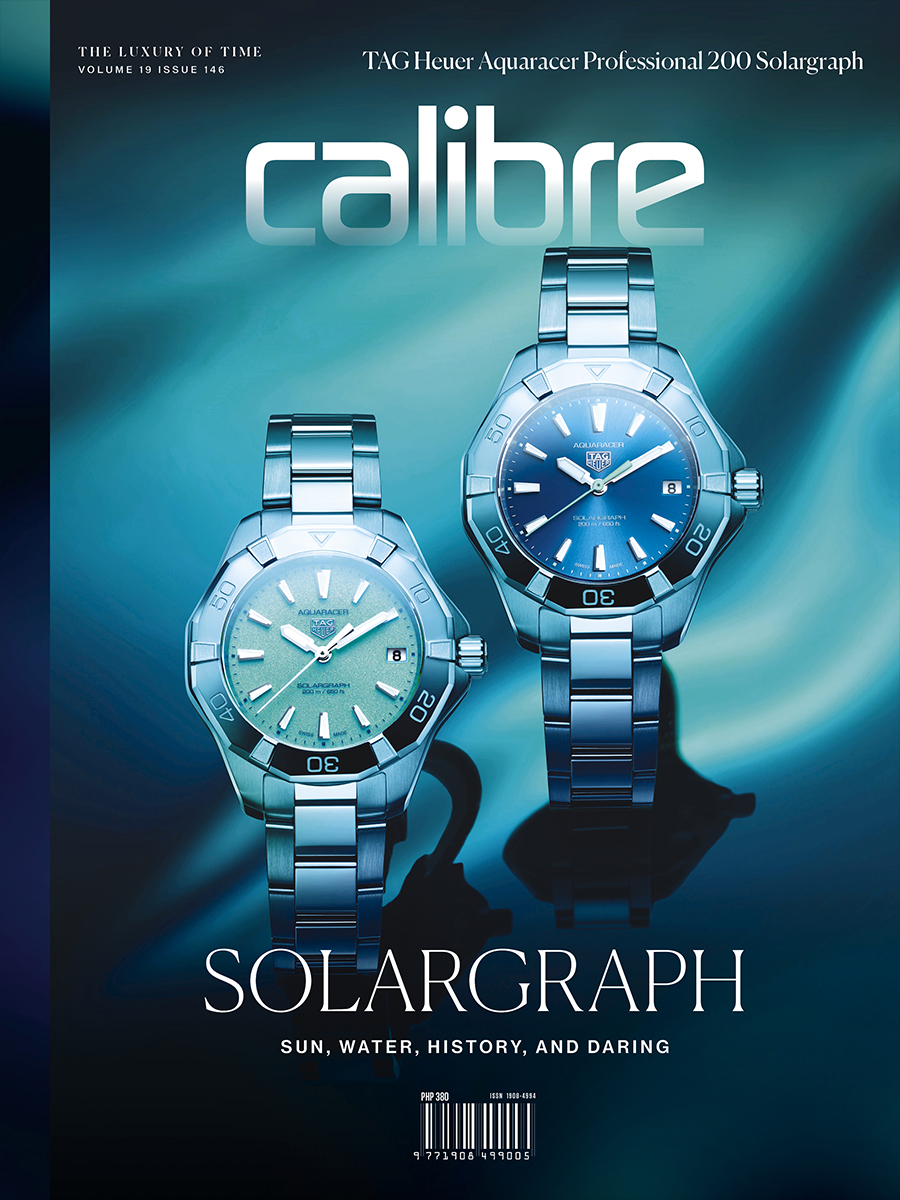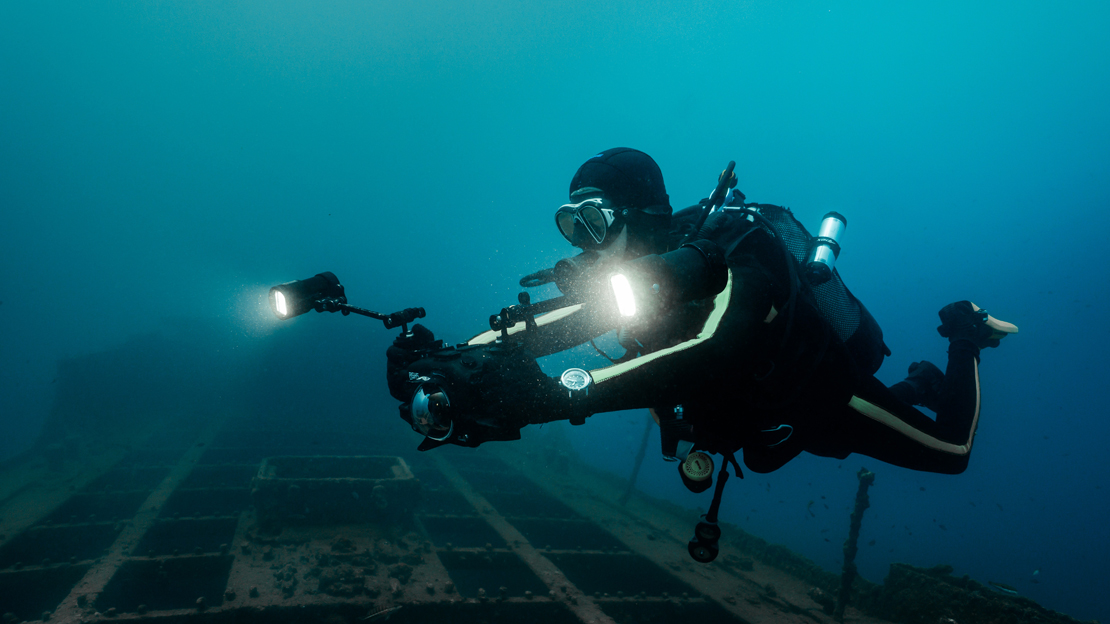WHEN you have a watch named “Aquatimer,” it simply makes sense to get involved in worthy aquatic pursuits. This is exactly what IWC Schaffhausen has been doing for decades. And one example of the watchmaker’s involvement with such matters is its support of the marine conservation efforts of the Cousteau Society, the non-profit group which Jacques-Yves Cousteau started in 1973. The Cousteau Society has committed itself to protecting marine life, and IWC has since 2003 honored the group by way of, among other projects, introducing four limited edition timepieces dedicated to it. A fifth watch, the Aquatimer Chronograph Edition Jacques-Yves Cousteau, celebrated the 100th birthday of the legendary diver/researcher/filmmaker in 2010.
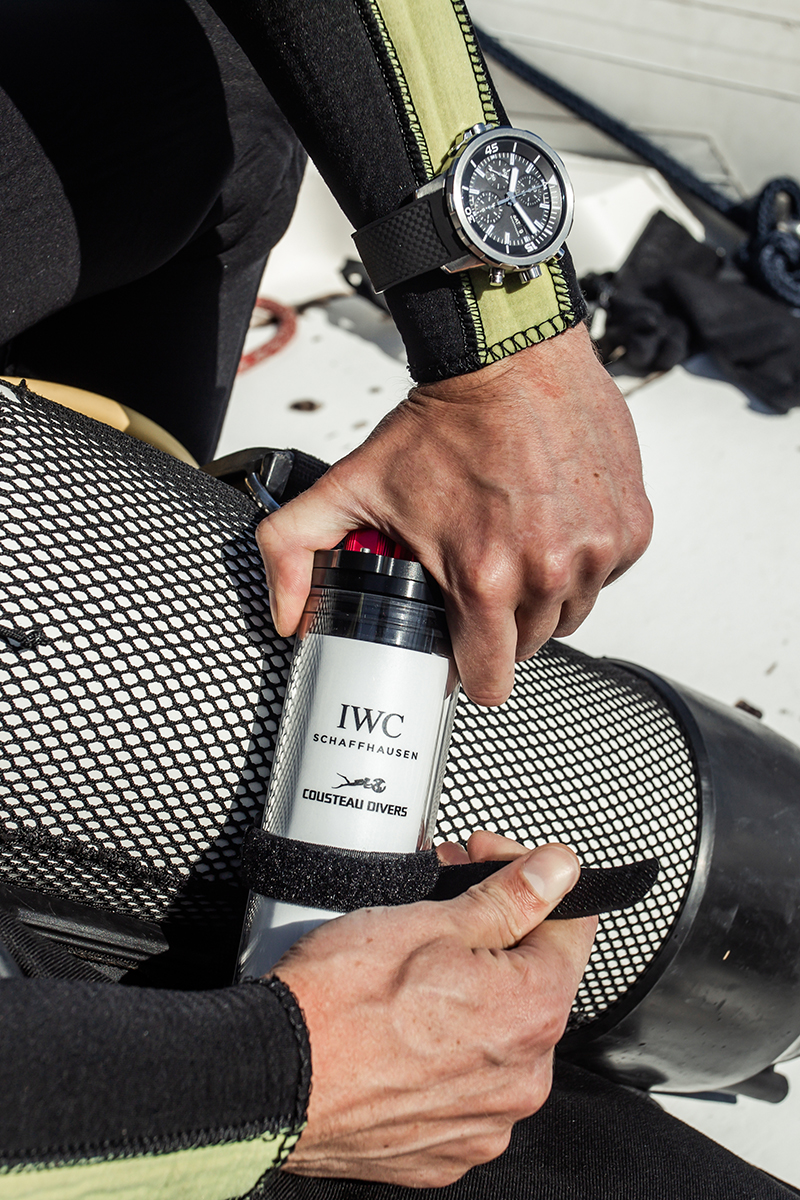
Now, IWC is extending this partnership with the Cousteau Society by supporting Cousteau Divers — in particular a pioneering environmental project the group is presently undertaking. Cousteau Divers is studying the effects of climate change by measuring temperatures beneath the ocean’s surface. This means combining data from sensors with measurements taken by thousands of recreational divers. The goal is to give scientists a better understanding of how the ocean’s temperature affects biodiversity and the climate.
“We’re proud to support partner organizations that share our values, and we’re very excited about this innovative initiative from Cousteau Divers and the Cousteau Society,” says Franziska Gsell, IWC chief marketing officer and the company’s head of its sustainability committee.
According to IWC, the ocean absorbs about 90% of the planet’s heat and produces more than half the oxygen we breathe. It acts as the Earth’s air-conditioning system. And providing a clue on how it stores and releases energy is its temperature.
IWC and Cousteau Divers believe scientists need more data in order to build a comprehensive picture of how ocean temperatures vary at depth, especially in coastal ecosystems.
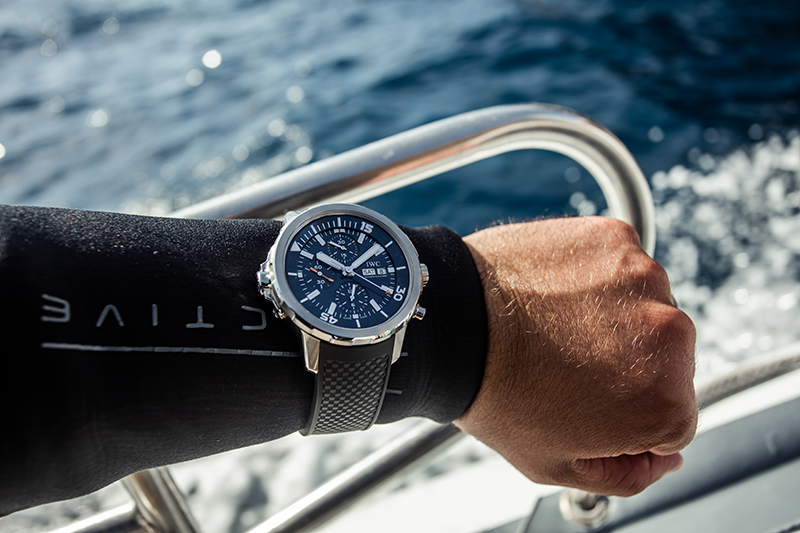
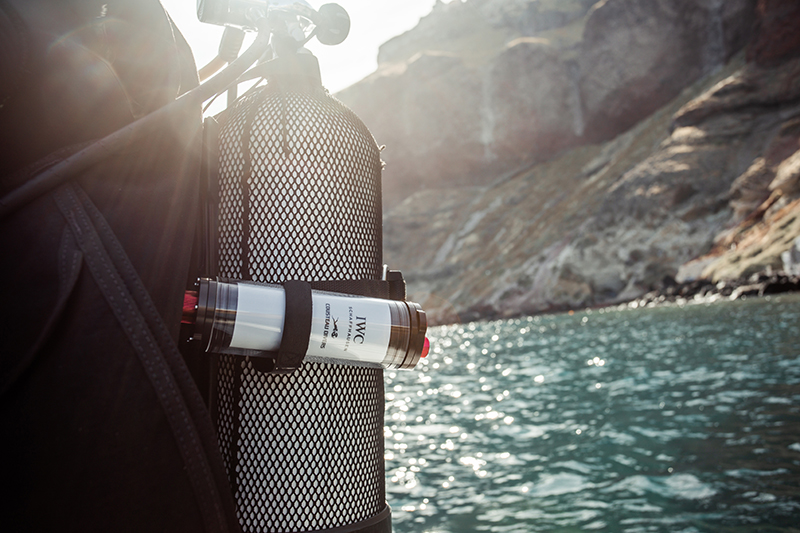
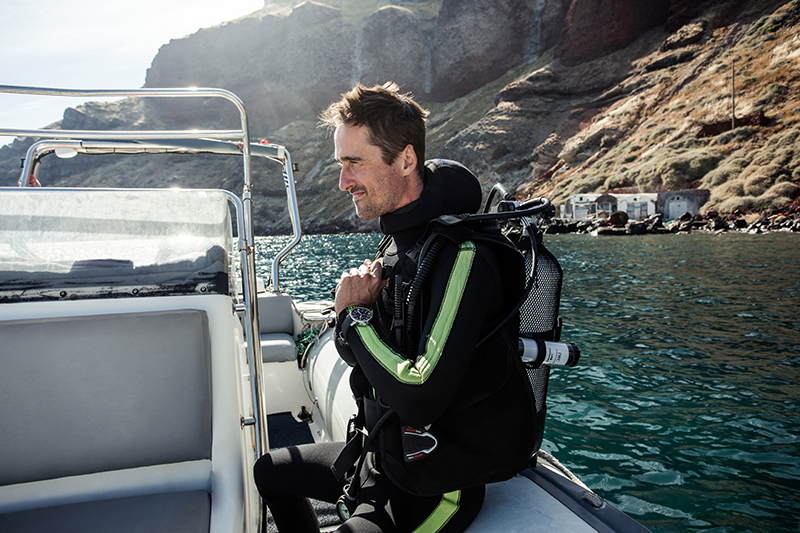
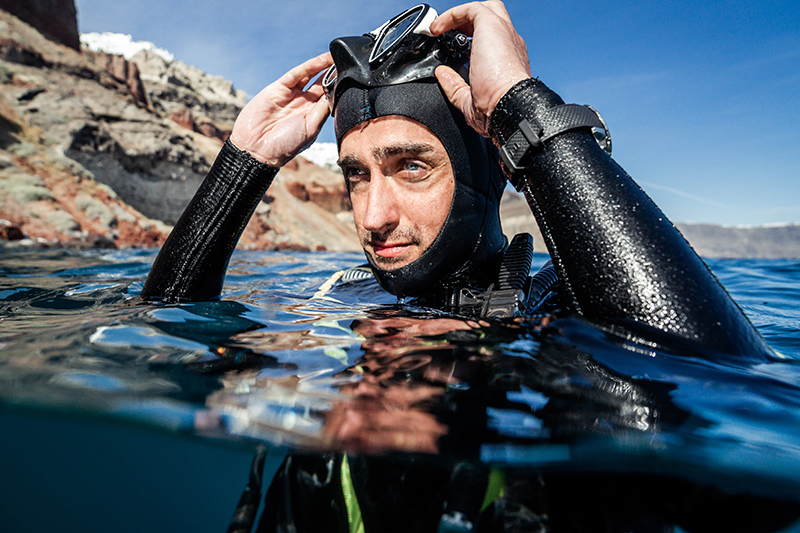
“Cousteau Divers aims to reveal coastal temperatures of the ocean by supplementing satellite surface measurements with those taken by thousands of recreational divers around the world. By centrally storing this data in a cloud and making it accessible to scientists and enthusiasts, we hope we can contribute to a better understanding of how the ocean’s temperature not only influences the climate, weather patterns, or storm formations, but also fish and bird populations,” says Pierre-Yves Cousteau, the marine conservationist son of Jacques-Yves and also the founder of Cousteau Divers.
To be able to precisely measure the ocean’s temperatures, Cousteau Divers says its team of volunteer engineers developed a prototype for a portable precision temperature sensor. The device tracks GPS and underwater navigational information, allowing it to accurately determine temperatures.
The project is open-sourced, so both its hardware and the software designs are available online. This makes it accessible to the global communities of divers and engineers. Its pilot deployment will last for 18 months to gather user feedback and verify the data collected before a second, larger deployment takes place.
At present, the online platform accepts a variety of oceanographic data sources.
Cousteau Divers says this collaborative approach can reveal ocean temperatures accurately in real time, using cost-effective citizen science.

